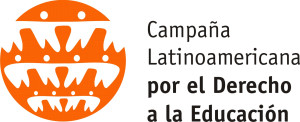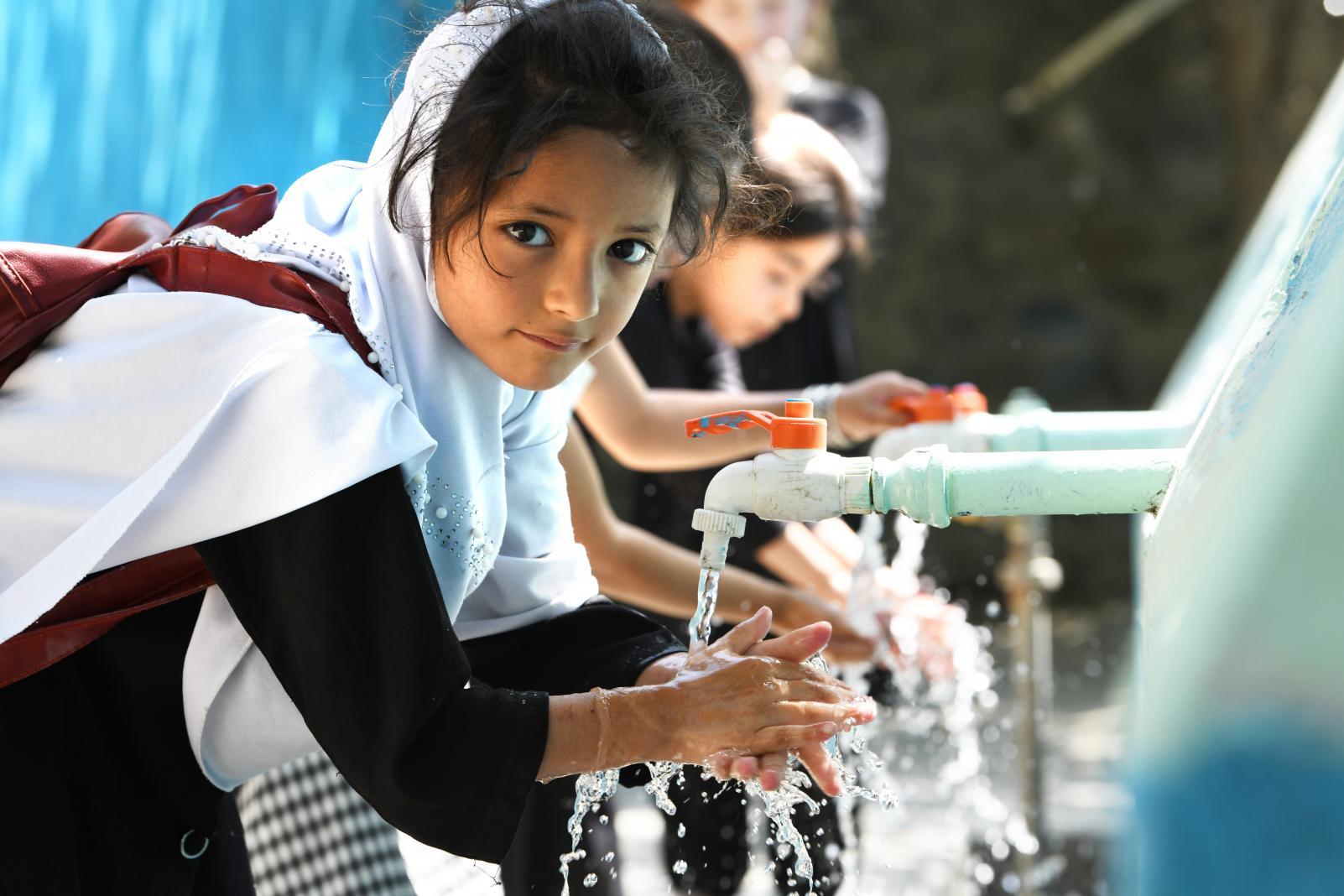
COVID-19: CLADE considers that solidarity and adequate funding for the rights to education, health, and social protection are key to overcome the crisis
March 25, 2020Considering the widespread crisis and state of emergency across the world due to the COVID-19 pandemia, CLADE acknowledges and appreciates the life and health prevention and care recommendations made by the World Health Organization. We would like to express our solidarity with families that have lost their loved ones due to the virus, as well as survivors and sick people. Likewise, we would like to congratulate CLADE members, as well as so many human rights organizations and movements across Latin America and the Caribbean, for promoting several initiatives to ensure the protection of education communities and their human rights. We would like to express our heartfelt thanks to health workers, as well as workers in other key areas who put their lives at risk to provide essential services. (more…)
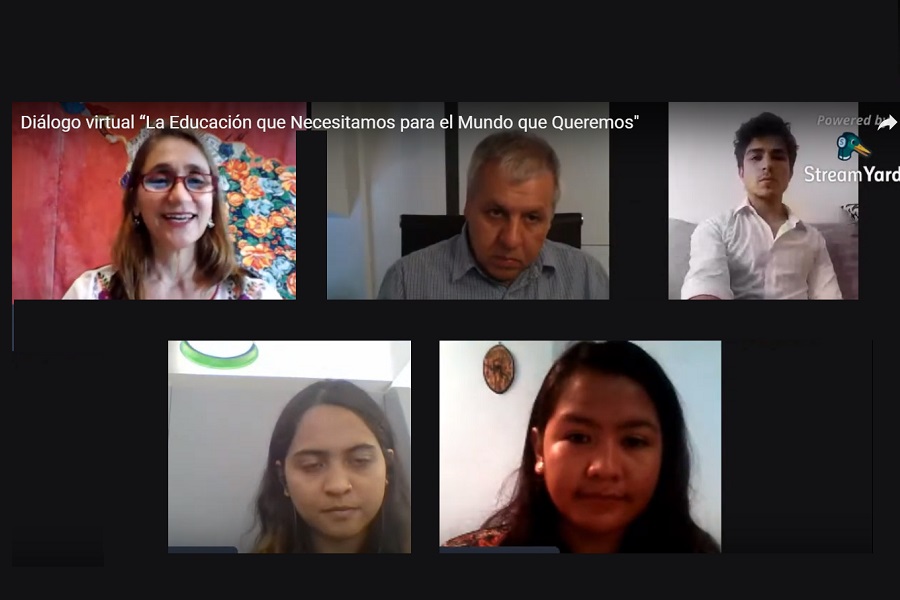
Experts and youths talk about the right to education in Latin America and the Caribbean
March 16, 2020“The Education We Need for the World We Want: views from adolescents and youths in Latin America and the Caribbean” was the title of the virtual conversation held by the Latin American Campaign for the Right to Education (CLADE), with the participation of youths and authorities from Latin America and the Caribbean, who stressed challenges and proposals to ensure the right to education in this region.
(more…)
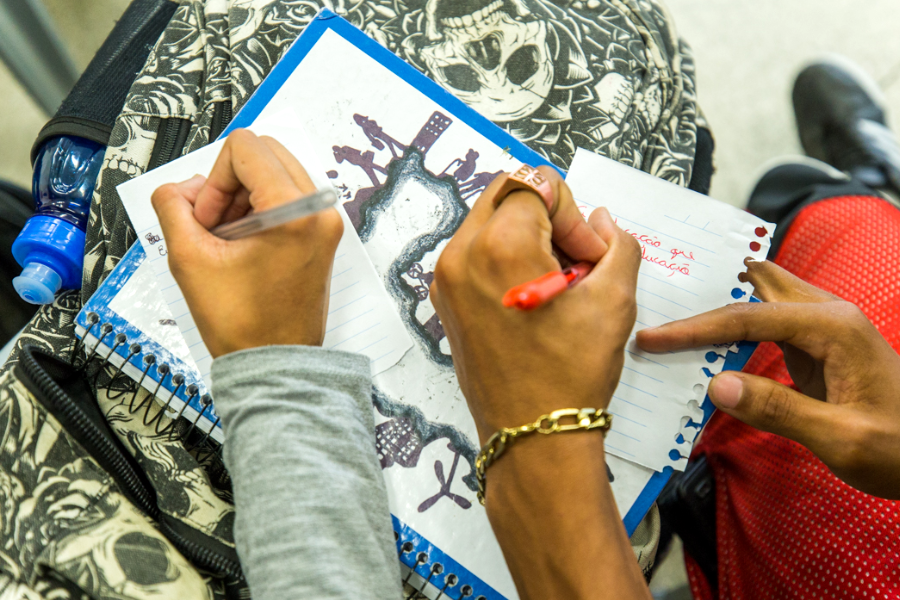
Adolescents and youths share their views on the education they want for a better world
December 19, 2019The initiative #TheEducationWeNeed for the world we want is aimed at mobilizing adolescents and youths in Latin America and the Caribbean, inviting them to tell us what education they need for a better world and the most important demands from their countries.
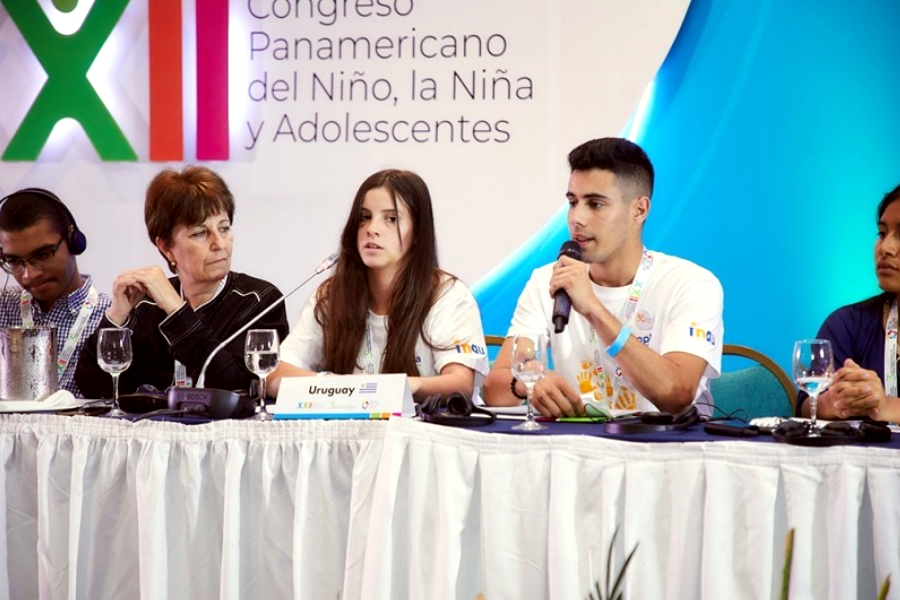
What are Latin America and Caribbean students’ thoughts on education and other human rights?
November 11, 2019Overcoming discrimination and violence, the right to play, art and recreation, gender equality and the right to comprehensive sexuality education and to participate in the debates on public policies affecting them: these were some of the demands shared by boys, girls, adolescents and youths during the 22nd Pan-American Child Congress and the Third Pan-American Child Forum that were held from Oct. 29-31 in Cartagena (Colombia).
(more…)
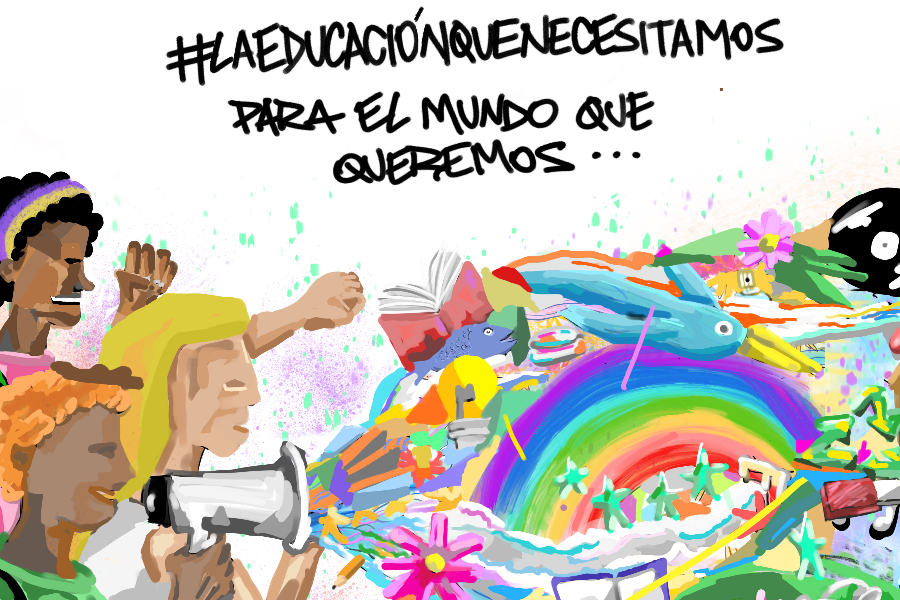
Youths from Latin America and the Caribbean invited to express what #TheEducationWeNeed is
October 30, 2019Partnering with young people and secondary school and university students from different countries in Latin America and the Caribbean, and with the support of the UNICEF Regional Office, CLADE promotes the initiative “#TheEducationWeNeed”
(more…)
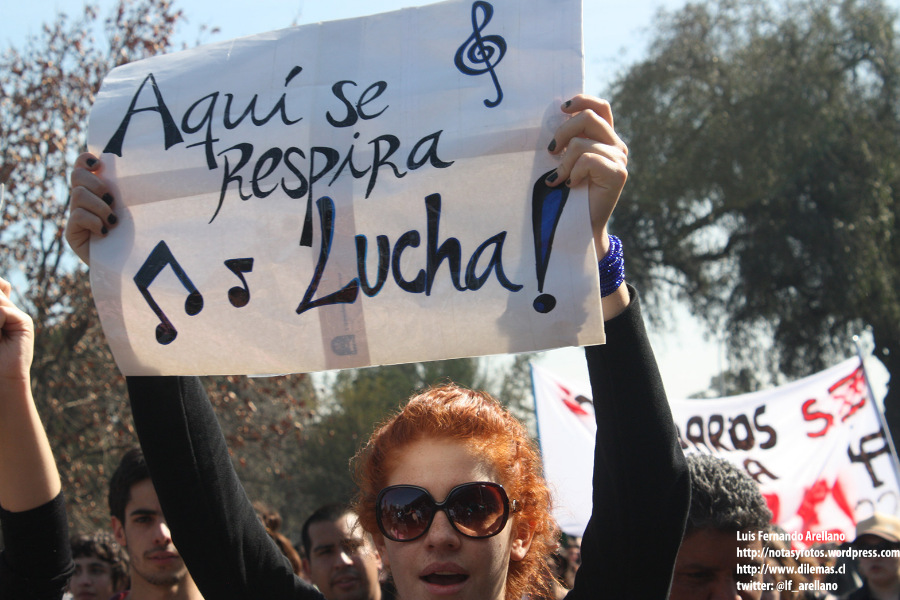
Youth from Latin America and the Caribbean transforming education
August 12, 2019In 1999, United Nations General Assembly appointed August 12 as the International Youth Day, an annual celebration aimed at promoting the role of youth in processes of change, as well as raising awareness on the challenges and contexts faced by young people.
(more…)
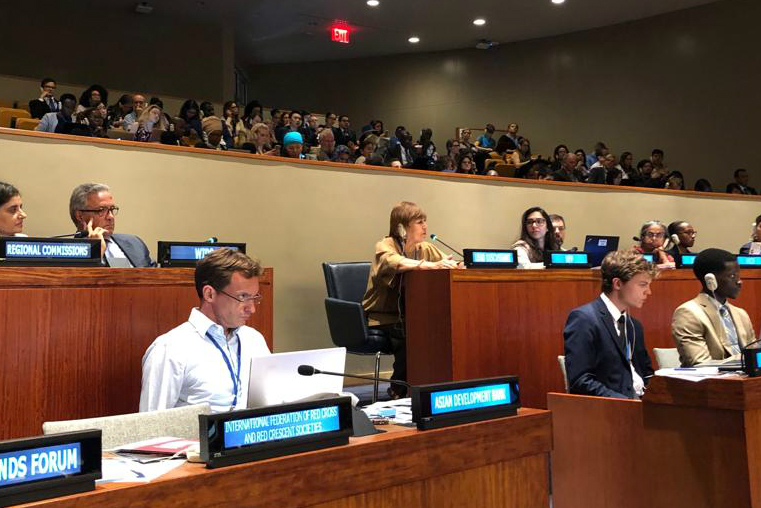
Review of SDG 4: “Quality education must be centered on people and their dignity”
July 10, 2019Yesterday, the review of the Sustainable Development Goal number 4 (SDG 4), about education, was initiated at the United Nations, within the framework of the High Level Political Forum, which takes place until July 18 in New York, USA.
Three hours of debate were dedicated to look at the situation of the right to education worldwide with the participation of representatives from different countries, as well as from different sectors of civil society, among them indigenous people, children and youth, Lesbian, Gay, Bisexual, Trans and Intersex (LGBTI) people and persons with disabilities.
“The diversity of civil society representatives and interventions emphasized an intersectoral perspective of education, which represents a fundamental advance comparing to the debates on the 2030 Agenda that took place in previous years,” said Camilla Croso, general coordinator of the Latin American Campaign for the Right to Education (CLADE), which accompanies the event in New York.
The participation of GCE vice president and coordinator of the Peruvian Campaign for the Right to Education (CPDE), Madeleine Zúñiga, was another highlight of this first panel on SDG 4. In her speech, she pointed out that “education is a powerful instrument to transform lives and, therefore, transform the world; not any education, but one that promotes sustainable development, social justice, truly democratic societies, global citizenship and the culture of peace that the whole world requires.”
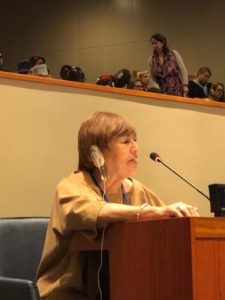
Madeleine Zúñiga emphasized that a quality education must be centered on people and their dignity, assuming the multiple dimensions of diversity to design models and relevant strategies according to the characteristics of different societies. She added that it is fundamental to ensure the right to lifelong education and solid teacher training, within the framework of human rights and comprehensive and muti-sectorial educational attention; as well as bigger and better investment in public education.
“That requires a substantive improvement of tax rules and a strong political will to fight against tax evasion and avoidance, and to achieve tax justice, as well as to face the increasing privatization, an unregulated process that is allowing profit interests in education. Low-cost and low-quality private schools, with poorly paid teachers, not only violate the right to education, but also deepen the inequalities,” she said.
Download the intervention of Madeleine Zúñiga (In Spanish)
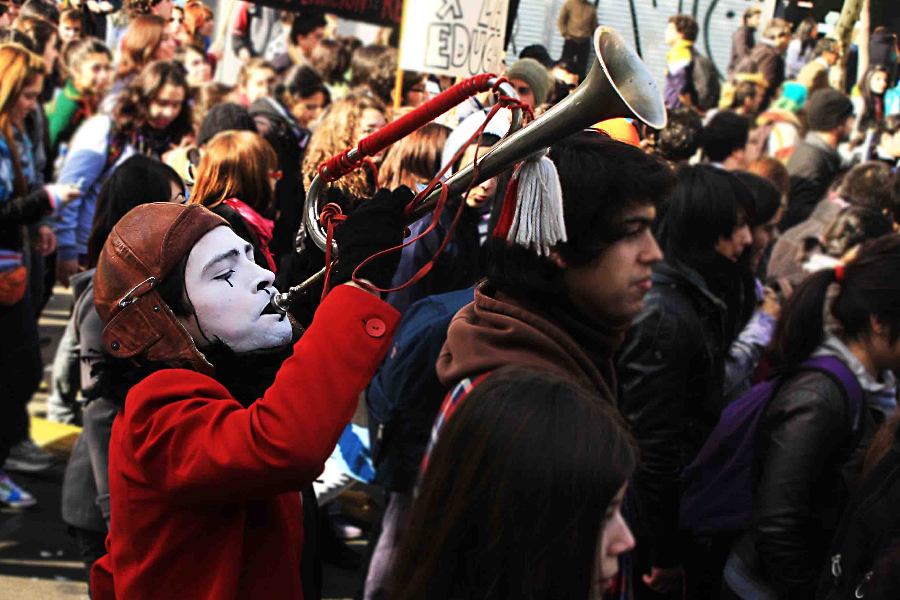
In new publication, CLADE shares experiences, strategies and lessons learned on the fight for the right to education
The Latin American Campaign for the Right to Education (CLADE) launches the publication “Civil Society Advocacy for the Human Right to Education: Stories and Lessons Learned from Latin America and the Caribbean – Volume 3”.
The document is available:
In this volume, members of CLADE tell their experiences on the fight for the right to education: the challenges, advances and lessons learned, the strategies and recommendations that remain for other civil society movements and organizations. It presents cases of advocacy, communication, research and mobilization in 10 countries of Latin America and the Caribbean, as well as 3 regional experiences, driven by CLADE and 2 regional networks that are members of the Campaign: Espacio sin Fronteras and ALER.
The document is the result of a permanent effort by CLADE, to record and provide visibility to the journey of its members in their advocacy and capacity building efforts; and, on the other hand, to promote the reflection on their success and mistakes, in a process of self-evaluation and capacity building by the network.
“In times when we witness a growing democratic weakness in Latin America and the Caribbean, when laws are passed to hinder the right to demonstration and social participation, when social movements, activists and students are persecuted and criminalized, and there are so many restrictions to participation, it is worth showcasing civil society action and its positive impact on education policies,” says CLADE.
The Campaign distributed the publication, during its participation in the High-Level Political Forum, which takes place until July 18 in New York, with an emphasis on reviewing the status of compliance with Sustainable Development Goal 4, related to education.
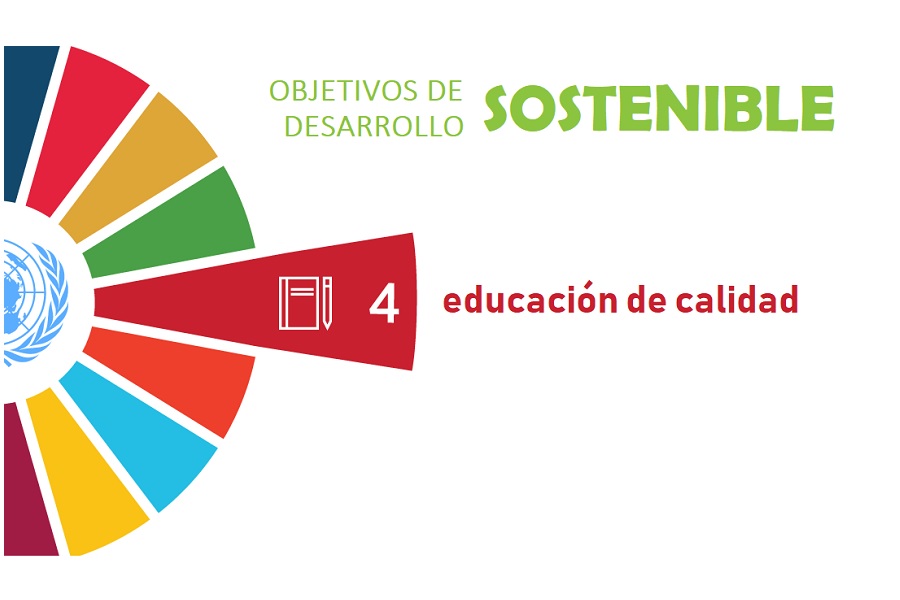
Organizations from Latin America and the Caribbean demand UN to include SDG 4 in the draft of the declaration of the High Level Political Forum
June 5, 2019“It is with great concern that the networks and civil society organizations that work for the realization of the human right to education in Latin America and the Caribbean review the “zero draft” of the Political Declaration of the High Level Political Forum (HLPF) and note the total absence of State commitments in education and the acknowledgement of its crucial importance in the scope of the SDGs, human rights, democratic strengthening and peace”.
These words were presented in a letter signed by the Latin American Campaign for the Right to Education (CLADE) and other networks, coalitions and civil society organizations in Latin America and the Caribbean, which was sent today (6 June) to United Nations authorities, with the purpose of advocacing for the inclusion of references to the SDG 4 in the Political Declaration of the High Level Political Forum.
The FPAN is the official platform for monitoring compliance with the SDGs worldwide, and is carried out within the UN, focusing each year on the monitoring of specific Objectives of the Agenda, as well as the analysis of voluntary national reviews presented by the Member States
The next edition of the Forum will take place from July 9 to 18 of this year in New York, with an emphasis on the revision of SDG 4, as well as Objectives of number 8 (decent work and economic growth), 10 (reduction of inequalities), 13 (action for climate), 16 (peace, justice and solid institutions) and 17 (partnerships to achieve the objectives).
With the letter sent to the UN, organizations and networks demand the inclusion of SDG 4 in the next versions of the declaration. “We hope that this absence will be overcome in the following versions of the Declaration, so that the United Nations can transmit to the whole world, in a clear and forceful way, the importance of education for peace, justice, environmental sustainability, dignity, as well as the overcoming of patriarchy and all forms of discrimination. Education is key to promoting the implementation of the 2030 Development Agenda in its integrity, and we hope this be acknowledged by the High Level Political Forum”, says Camilla Croso, general coordinator of CLADE.
Read the full letter below.
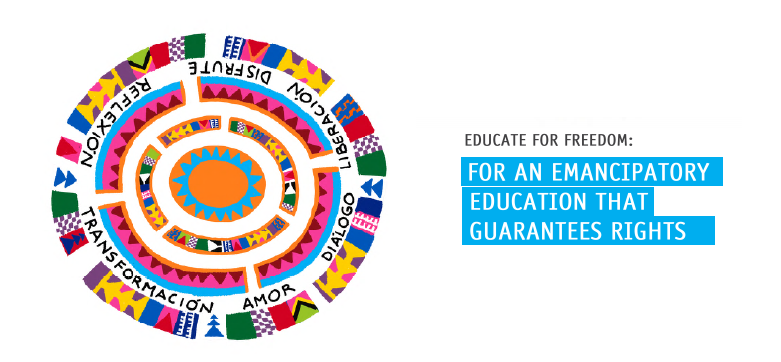
Education for freedom: CLADE launches document about emancipatory education
May 21, 2019Download the document:
The publication, launched in the context of the initiative “Education for freedom”, brings together reflections and debates gathered by CLADE network on this subject, addressing the right to education from an integral and holistic perspective, in its connection with: freedom, social transformation, decolonization, democracy, gender equality, communication and technologies, arts and culture, affection and care, as well as bodies and territories.
Its reflections offer ways for an emancipatory education that contributes to the formation of societies free from all oppression, and also to transform the lives of children, adolescents, young people and adults through reflection, dialogue, critical thinking, and the skills to question, discern, imagine and act towards other possible worlds.
“Education should contribute to people being in tune with their time and space, knowing their territory, context, history and cultural diversity. Therefore, spaces and processes of informal, non-formal and formal education must be related, promoting culture and knowledge, research, education and extension, contributing to economic, social and environmental justice”, the publication points out.
Release
The document was launched on May 21 with a virtual dialogue, with the participation of Luna Contreras, popular educator and director of the Democracy and Global Transformation Program (PDTG, by its Spanish acronym) Tejiendo Saberes Perú; Martín Ferrari, an Argentine popular educator and one of the directors of the documentary “Education in movement” (Educación en Movimiento), and María Cianci, education and research coordinator of ALER. The dialogue was moderated by Rosa Zúñiga, general secretary of CEAAL.
If you weren’t able to participate in the event, you can access the recording of the dialogue (in Spanish) through the following link:





